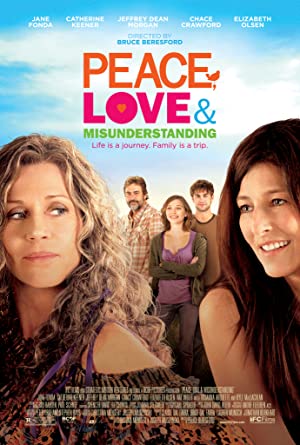

The best books of summer 2021 are shiny, refreshing, and pleasantly unsettling. Retreat from the relentless heat of summer into a cool library or a blissfully air-conditioned bookstore, and grab one of these July gems. July brings a retrospective on The Babysitter’s Club, a book of poetry ( Other People’s Comfort…), and a hilarious collection of essays ( Well, This Is Exhausting) about being a horny, anxious young woman. In A Touch of Jen, two dysfunctional millennials develop a mutual crush on a hot Instagram girl, turning, slowly, to violence. In Nightbitch, a new stay-at-home mom begins to transform, literally, into an animal. In Intimacies, a woman serves as a translator for an alleged war criminal, while outside of work she tries to interpret whether her lover’s actions mean that he will ever actually leave his wife.

Women writers deliver this July with a new crop of books that deserve instant places of honor on our shelves. We’ve been through so much, and we still want to be moved by books. We want to laugh out loud, cry hard, read words that feel as vital as sunshine on our closed eyelids. At the same time, we beg to be shown gently distorted versions of ourselves on the page, that we may see ourselves more clearly. And we are prepared to ask a lot of our books.

The world is restless and fearful and hopeful. (Feb.The best books of summer 2021 match the national moment-hot, chaotic, a splicing of heady fantasy and reality. Agent: Dan Kirschen and Tina Wexler, ICM. Parker writes, “I’d miss my booty/ in your butt/ would hate/ to reach back/ and find history/ borrowed not branded.” She also examines self-doubt in the roiling poem “The President’s Wife,” wondering “What does beautiful cost do I afford it/ Do I roll off the tongue/ Is America going to be sick.” Parker’s poems are as flame-forged as a chain locked around soft ankles. In “ Freaky Friday Starring Beyoncé and Lady Gaga,” the two pop stars are posed not as adversaries but as host and parasite Lady Gaga becomes a metaphor for white supremacy’s theft of black culture and its compulsion to discredit black genius. It’s a representative example of Parker’s vision of how a woman’s identity can be shaped by the labels forced upon her. Her word choices-“sex,” “sassy,” “low-income,” “mean,” “exotic,” etc.-emphasize the way that black women are dehumanized and objectified through language.

In “13 Ways of Looking at a Black Girl,” Parker reflects the rippling noise facilitated by patriarchy and white supremacy. Employing fierce language and eschewing fear of unflattering light, Parker ( Other People’s Comfort Keeps Me Up at Night) pays homage to the deep roots and collective wisdom of black womanhood.


 0 kommentar(er)
0 kommentar(er)
